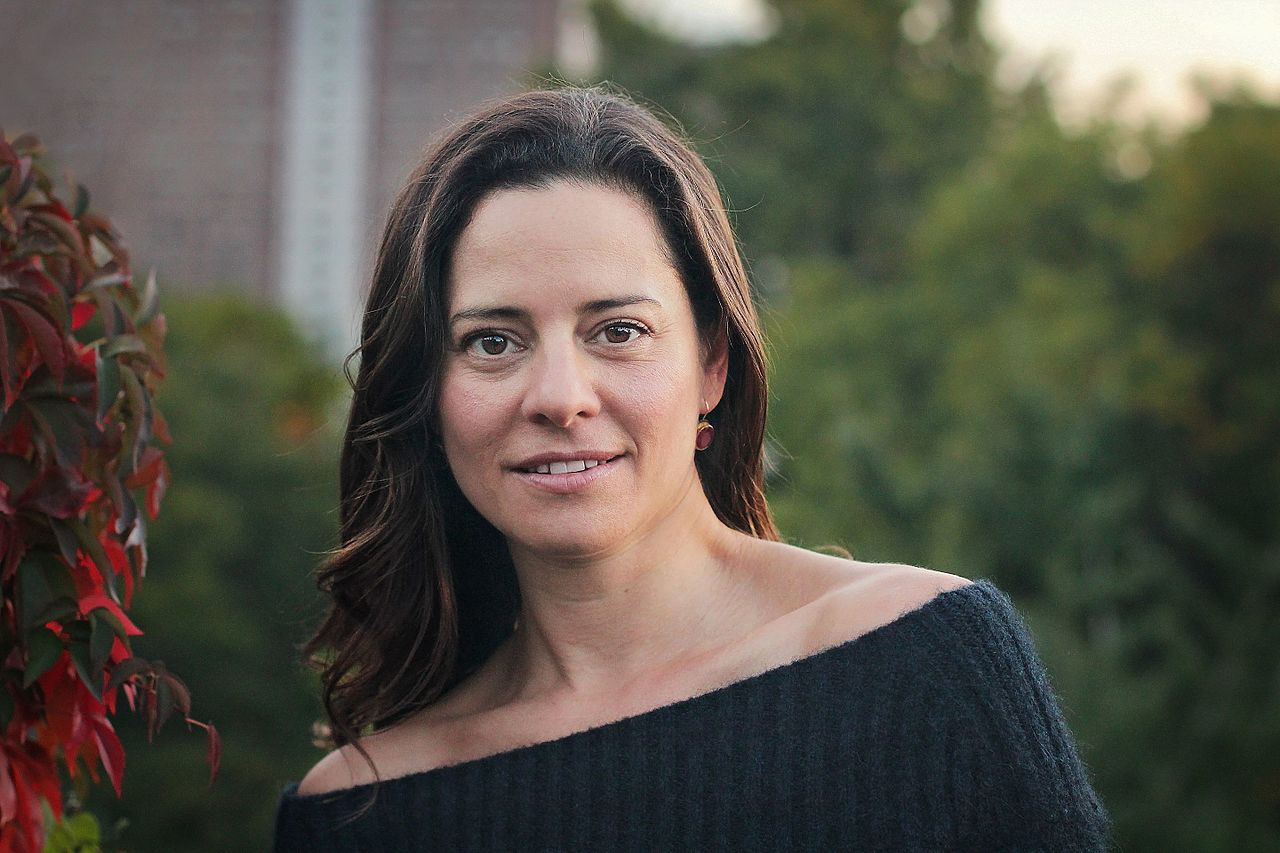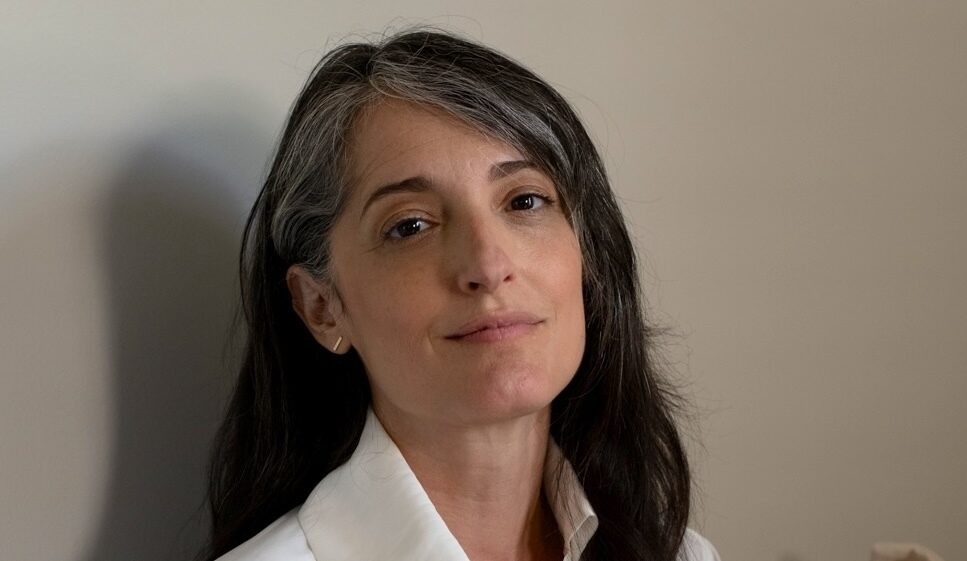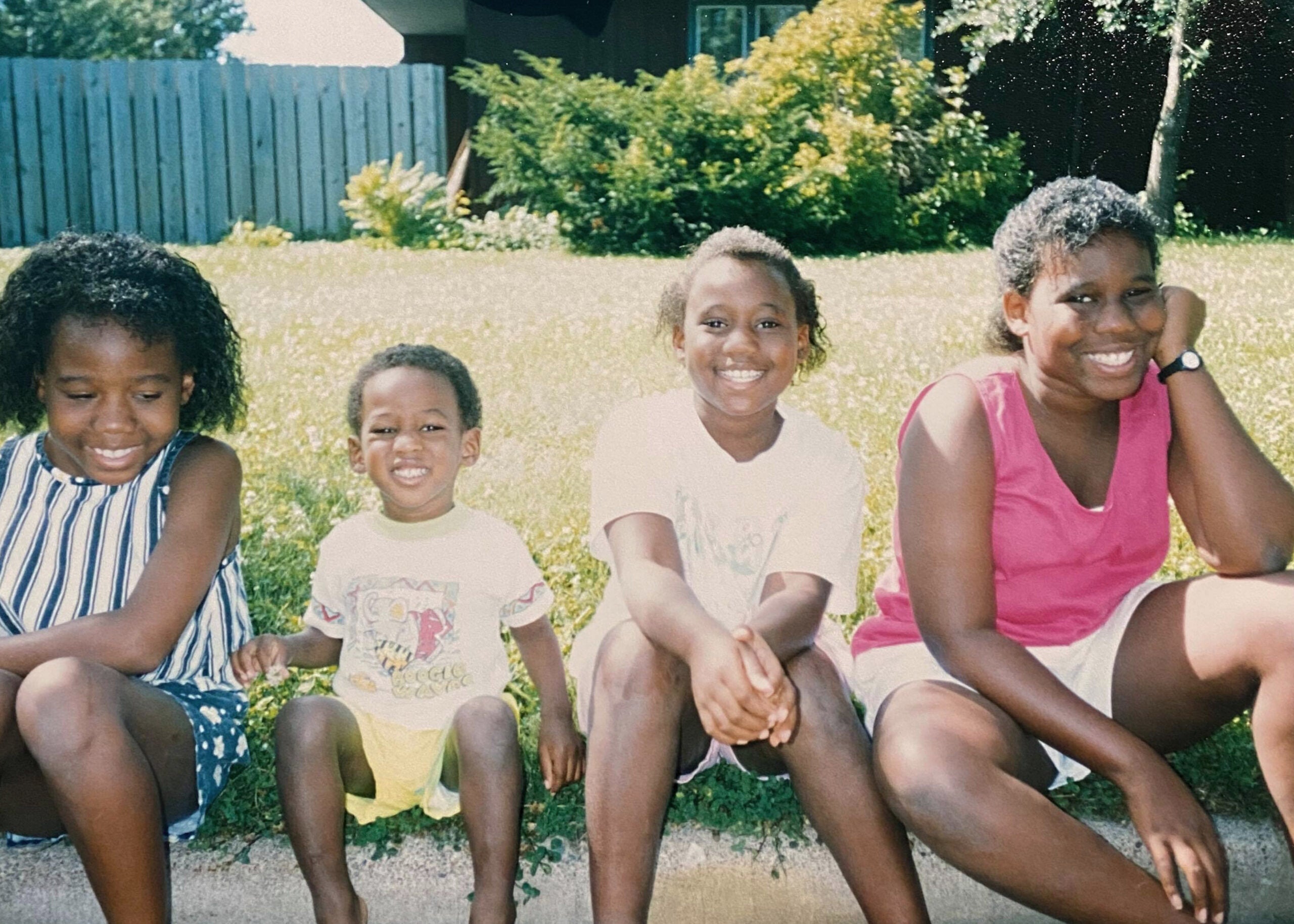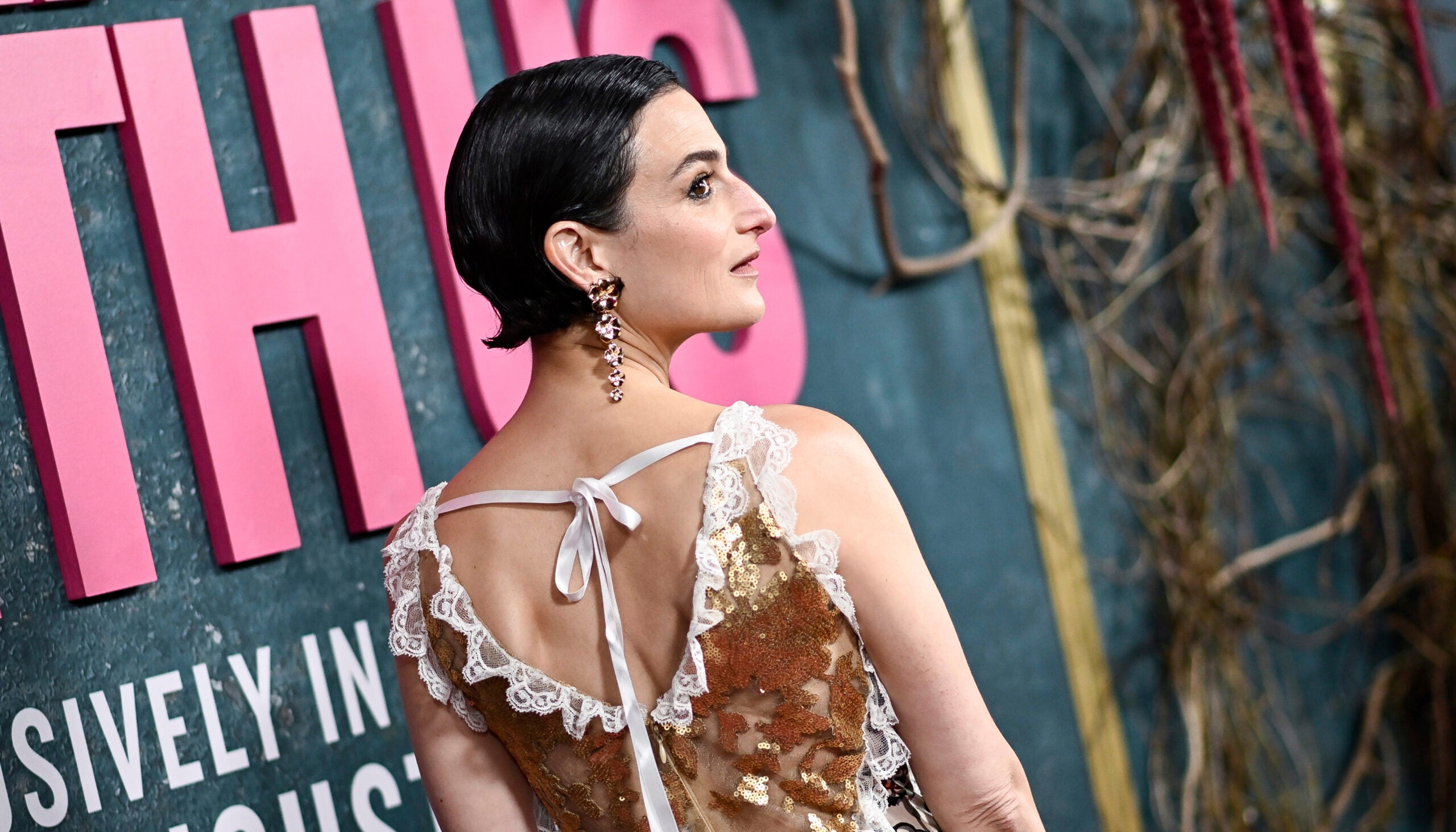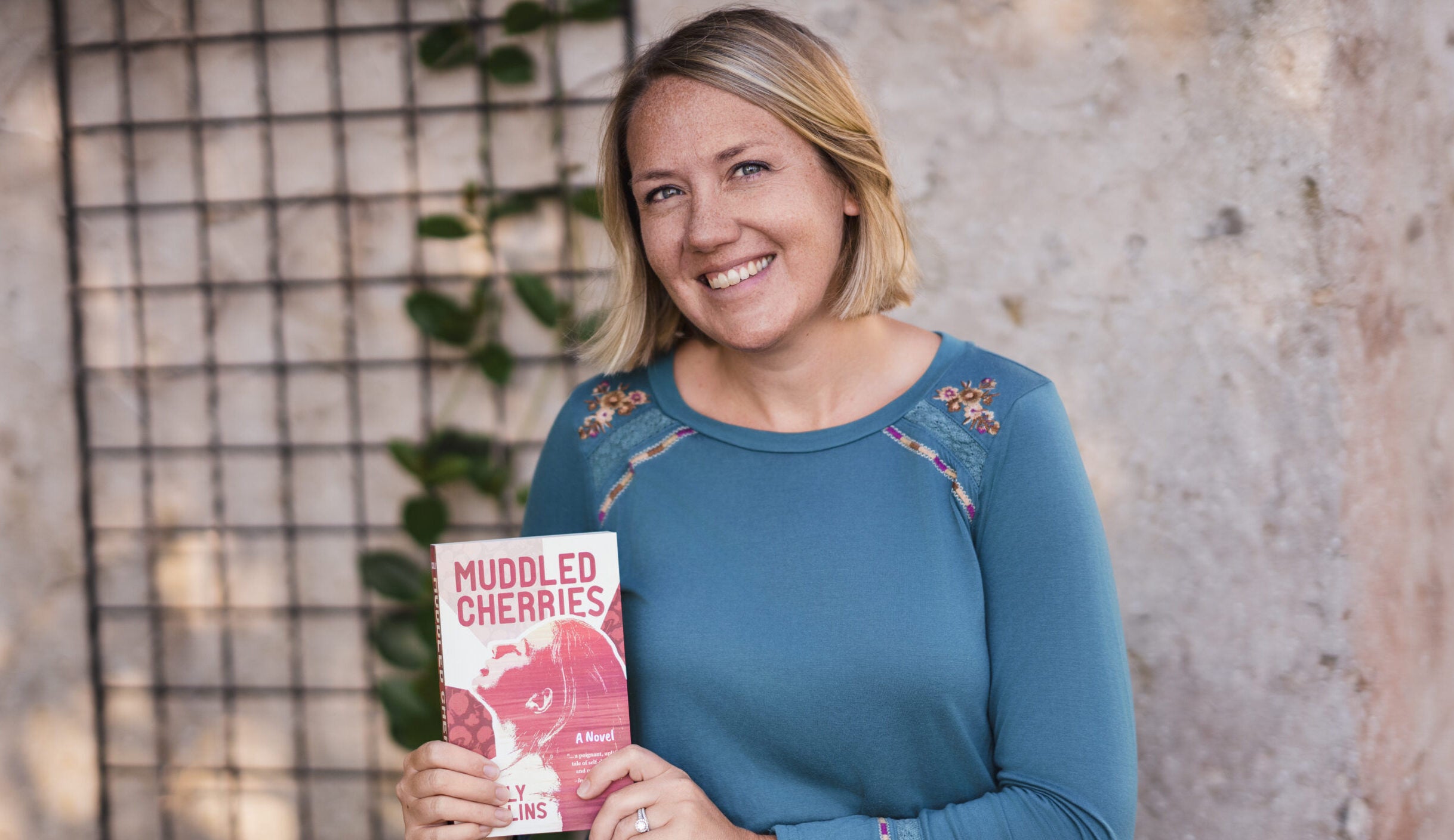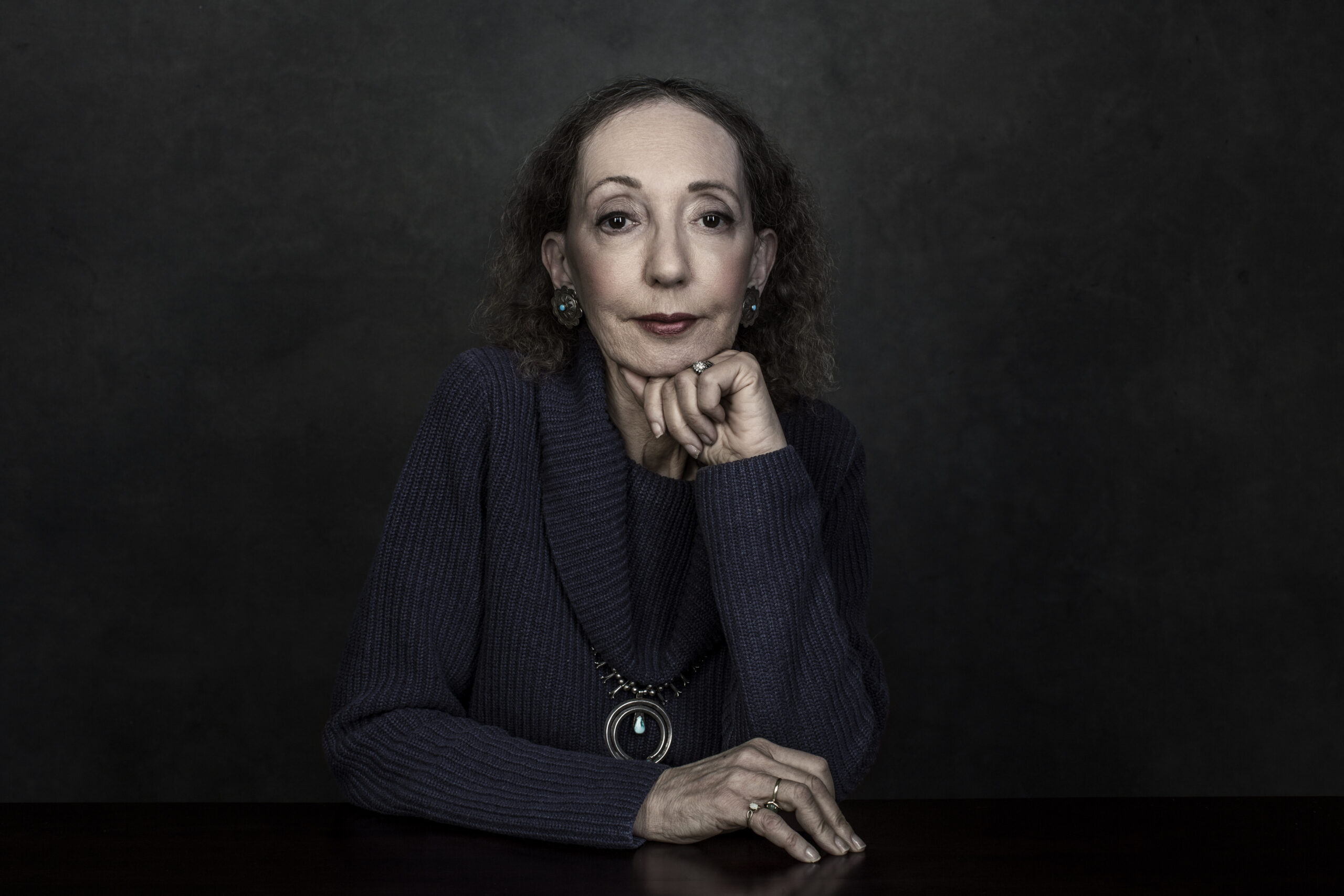Through her work over the past two decades, Ariel Levy has earned a reputation as an intrepid and fearless journalist — someone who doesn’t shy away from a good story, regardless of the cost.
Whether it’s hopping a plane to South Africa in search of award-winning athlete Caster Semenya, or infiltrating a nightclub in New York City that catered to obese women, Levy has a knack for pushing her limits and exploring new terrains.
So when, at the age of 38, a reporting trip to Mongolia presented itself while she was five months pregnant, she lept at the chance. The trip would alter the rest of her life.
Stay informed on the latest news
Sign up for WPR’s email newsletter.
As she writes in her new memoir, “The Rules Do Not Apply,” after two days of abdominal discomfort, she gave birth to her son on the floor of her hotel bathroom.
“For a length of time I cannot delineate, I sat there, awestruck, transfixed. Every finger, every toenail, the golden glow of his eyebrows coming in, the elegance of his shoulders — all of it was miraculous, astonishing,” Levy writes in the book.
For 10 fleeting, glorious minutes, Levy — a staff writer at The New Yorker — was a mother. She described the experience to producer Rehman Tungekar, and spoke about the emotional aftermath of losing her son.
This transcript is edited for clarity and length. The full interview can be heard here.
Rehman Tungekar: Is there a particular thing that you treasure most about that brief time that you were a mother?
Ariel Levy: Well, I experienced maternal love. There’s no coming back from that. Once you experience that rawest, most primal feeling, where obviously, without even thinking, if I was given the choice “well, one of us is going to die obviously I’ll do it.” I’d never felt anything like that before.
I think I was afraid of not being capable of that feeling. What if I’m so selfish that I have a kid, and that never kicks in, and I’m just a horrible mother? I think that was one of the reasons I didn’t start you know until it was, as it turns out for me, too late. I was scared. I was scared I didn’t have the right constitution to be a mother.
It’s the great sadness of my life that I learned that I do have that constitution, but I learned it right as I was losing it.
Tungekar: Another component of the grief you might have felt, I imagine, might have involved losing a last possible self. How did you end up reaching a place of acceptance after losing such a cherished part of your identity?
Levy: That was harsh. It’s not pretty. It was really, really harsh. When I got back, my overwhelming experience was that this is not acceptable. I do not accept this. This is a crime against nature that my son is dead. And I don’t accept it. I don’t accept that. I don’t accept that my spouse is an alcoholic. I don’t. None of this is acceptable to me.
And you know, over time, it became clear to me that I could accept it or not, but it was reality. What are you going to do with it?
I think that as a writer, you become accustomed to this experience of authorial control, where you can sort of tinker with a narrative. Even if you’re a nonfiction writer as I am, your building blocks are true. A fact checker checks them, at The New Yorker and most places make sure that you’ve got your data right. But the way you combine them and decide to tell the story is up to you.
And I learned that that was not applicable to life. The skill set that had served me as a writer was not serving me as a human. I had to surrender.
Tungekar: Did that realization, that you weren’t in complete control, did that come as a relief?
Levy: Not initially, but I think it’s there’s a liberation in saying ‘OK, it doesn’t matter how badly you want to be a mother.’ It doesn’t mean you get do it. I’ve surrendered to thinking ‘OK well, what do I have?’ And a lot of it’s great. You know I mean you’d be crazy if you weren’t grateful for my life you know. I mean it’s it’s it’s a great life.

